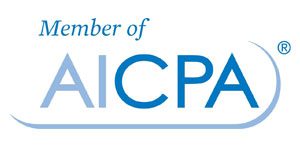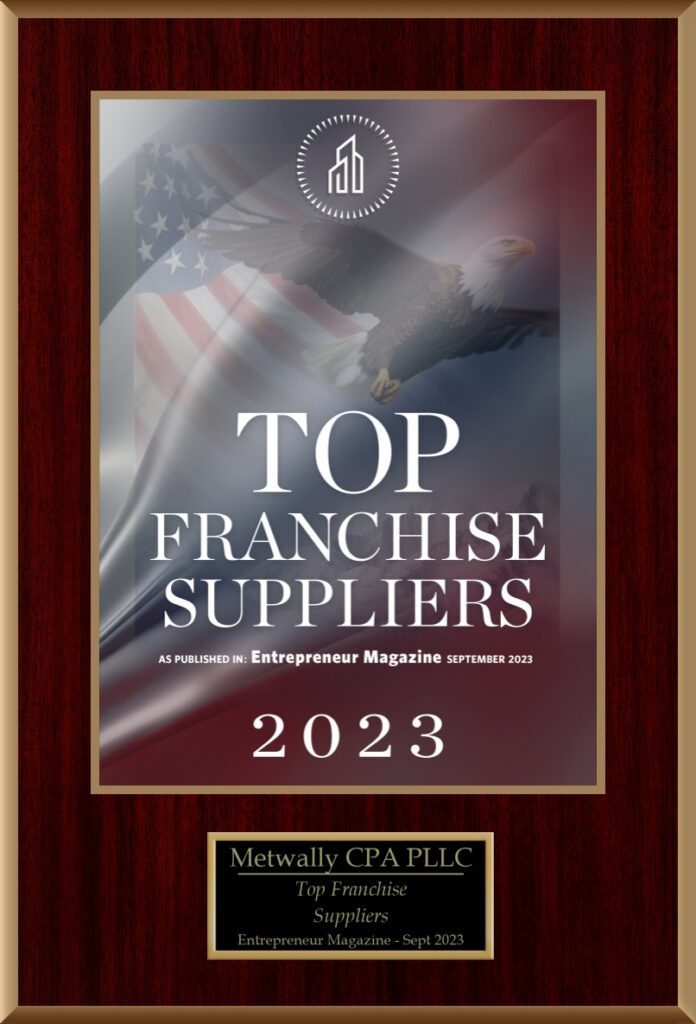As a business owner and a mortgage broker/lender, you are reunited to have financial statements audit every year to be in compliance with state and NMLS rules and regulations and to be able to renew your license. Therefore, below are the most common questions about the mortgage brokers/lenders financials statements audits that we get asked from new brokers:
Q1: What are financial statements?
Financial statements are formal documents that provide a summary of a company’s financial activities and status. They typically include the balance sheet, income statement, cash flow statement, and statement of changes in equity. Check out our Financial statements services Financial statement requirements for mortgage brokers
Q2: What is a mortgage broker financial statement audit?
A mortgage broker financial statement audit is a comprehensive examination of the financial statements and records of a mortgage broker by an independent auditor. It ensures that the financial statements accurately reflect the financial position and performance of the mortgage broker. See Financial Statements Audit and Review Requirements for Mortgage Brokers for NMLS Licensing
Q3: Why is a financial statement audit important for mortgage brokers?
A financial statement audit is important for mortgage brokers as it enhances transparency and credibility in their financial reporting. It provides assurance to lenders, investors, and other stakeholders that the financial statements are reliable and comply with accounting standards and regulations.
Q4: Who conducts a mortgage broker financial statement audit?
A mortgage broker financial statement audit is conducted by an independent auditing firm or certified public accountants specialized in auditing financial statements. The auditor must be objective and impartial in their assessment.
Q5: What does a mortgage broker financial statement audit involve?
During a mortgage broker financial statement audit, the auditor examines the mortgage broker’s financial records, transactions, internal controls, and accounting policies. The auditor verifies the accuracy and completeness of financial statements, identifies any irregularities or material misstatements, and provides an opinion on the fairness of the statements.
Q6: How long does a mortgage broker financial statement audit take?
The duration of a mortgage broker financial statement audit varies depending on the size and complexity of the business and the scope of the audit. Generally, it can take several weeks to a few months to complete, including planning, fieldwork, testing, and the issuance of the audit report.
Q7: What are the benefits of a mortgage broker financial statement audit?
A mortgage broker financial statement audit offers several benefits. It enhances the credibility and reliability of financial information, improves trust among lenders and investors, identifies weaknesses in internal controls, and helps prevent fraudulent activities. It also ensures compliance with accounting standards and regulatory requirements.
Q8: Can lenders access the audited financial statements of a mortgage broker?
Lenders often request audited financial statements from mortgage brokers as part of their due diligence process. Audited financial statements provide lenders with a reliable and independent assessment of the mortgage broker’s financial condition and stability.
Q9: Are there any consequences for mortgage brokers who do not conduct a financial statement audit?
While a financial statement audit may not always be legally required for mortgage brokers, not conducting one can have negative consequences. It may erode trust among lenders and investors, hinder access to financing, and raise questions about the accuracy and reliability of financial information.
Q10: How often should a mortgage broker undertake a financial statement audit?
The frequency of financial statement audits for mortgage brokers depends on various factors, such as regulatory requirements, industry best practices, and the size and complexity of the business. In general, auditors recommend conducting an audit annually to ensure accurate and up-to-date financial reporting.
Please note that while this information provides a general understanding of mortgage broker financial statement audits, it is recommended to consult with a financial professional or auditor for specific guidance related to individual situations. If you have any questions, please contact us.




